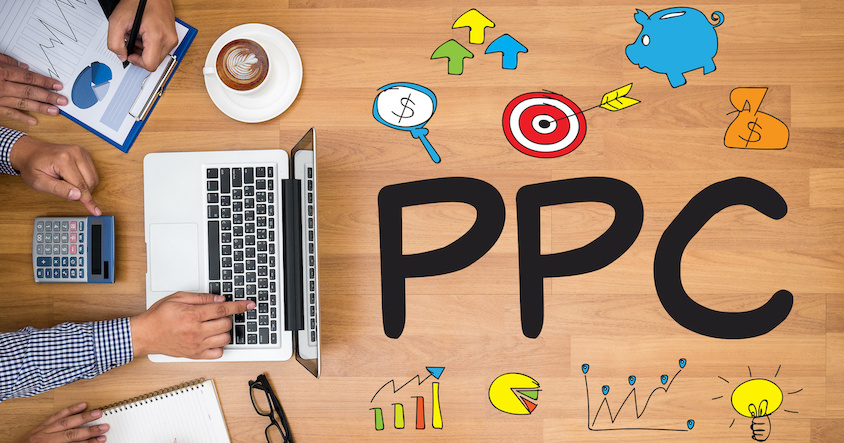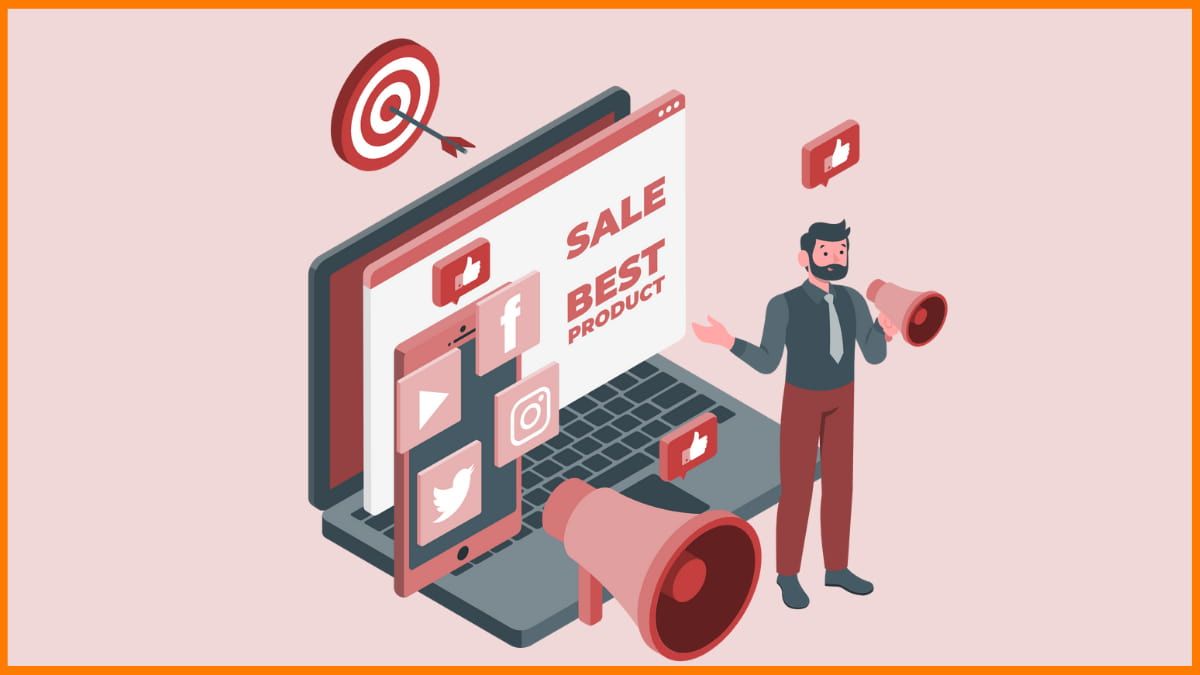What is the definition of the PPC?
Pay-per-click advertising is a model where advertisers only pay when users click on their ads. Though it also refers to display and social media advertising platforms where marketers pay for ad placement based on clicks or impressions, PPC advertising is most typically linked with search engine advertising.
What does PPC mean?
Advertisers using the Pay-Per-Click digital advertising strategy are charged a fee each time their ad is clicked. It’s a means of purchasing website views instead of trying to obtain them naturally using strategies like search engine optimization. Advertisers bid on particular keywords pertinent to their target market in a PPC campaign. The advertiser’s ad can show up high in the search results when people type in such keywords into search engines like Google or Bing.
What are the trends of the PPC?
The term PPC trends describes how PPC (Pay-Per-Click) advertising develops in terms of patterns, tactics, and technologies. PPC trends cover a range of topics related to paid search marketing, such as but not restricted to:
- Technological Advancements: Modifications and inventions in pay-per-click systems, like social network advertising platforms, Bing Ads, and Google Ads, along with more features, tools, and capacities for advertisers.
- Consumer behavior: Consumer behavior refers to changes in how people use search engines and online advertisements, which impact metrics measuring ad engagement, device usage, and search intent.
- Ad Forms and Creative Strategies: New developments in ad forms, including interactive ad units, responsive search advertisements, and video ads, and creative best practices to maximize user experience and ad effectiveness.
- Audience targeting: The ability to target specific user groups with appropriate ads through lookalike audiences, remarketing, interest-based targeting, and demographic targeting is known as Audience targeting.
- Automation and AI: Automation technologies and AI-driven solutions for bid management, ad optimization, audience segmentation, and performance analysis are becoming more widely used to improve campaign efficiency and efficacy. AI has several benefits in SEO and content marketing, which also follow Google’s trends.
- Privacy and Regulation: The effects of privacy laws on data collection, targeting strategies, and measurement techniques in pay-per-click advertising, including the GDPR, CCPA, and modifications to browser policy.
- Cross-Channel Integration: Methods to build unified and customized user experiences across many touchpoints by combining PPC campaigns with other digital marketing channels, including social media, email marketing, and content marketing.
- Attribution modeling: The development of attribution models and methodology over time has allowed for the precise measurement of the contribution of different marketing channels and touchpoints throughout the customer journey, which has a bearing on decisions about campaign optimization and budget allocation.
- Local and Mobile Optimisation: Using mobile-responsive ad formats, location-based targeting, and local search tools like Google My Business, PPC campaigns should be optimized for both local search and mobile devices.
- Budget Allocation and ROI: Strategies for allocating funds, bidding wars, and ROI measuring techniques that are popular right now to optimize PPC campaign efficacy and meet corporate goals.
What are the advantages of being updated with the PPC trends?
Maintaining current knowledge of PPC trends has several advantages.
- Enhanced Campaign Effectiveness: By staying up to date with PPC trends, marketers may take advantage of new features, best practices, and technology to improve the effectiveness of their campaigns.
- Competitive Advantage: By adjusting to new PPC trends, advertisers can maintain an advantage over rivals who could be slower to adopt new tactics or technologies.
- Cost-effectiveness: Through automation tools, AI-powered bidding tactics, and sophisticated targeting choices, advertisers may enhance the effectiveness of their PPC campaigns and accomplish their objectives more quickly.
- Improved Audience Targeting: PPC developments frequently feature improvements in Audience targeting functionalities, enabling marketers to connect with highly relevant audiences according to intent signals, behaviors, interests, and demographics.
To be up to date with PPC trends, contact Flymedia Technology. We have PPC Experts in Ludhiana.



